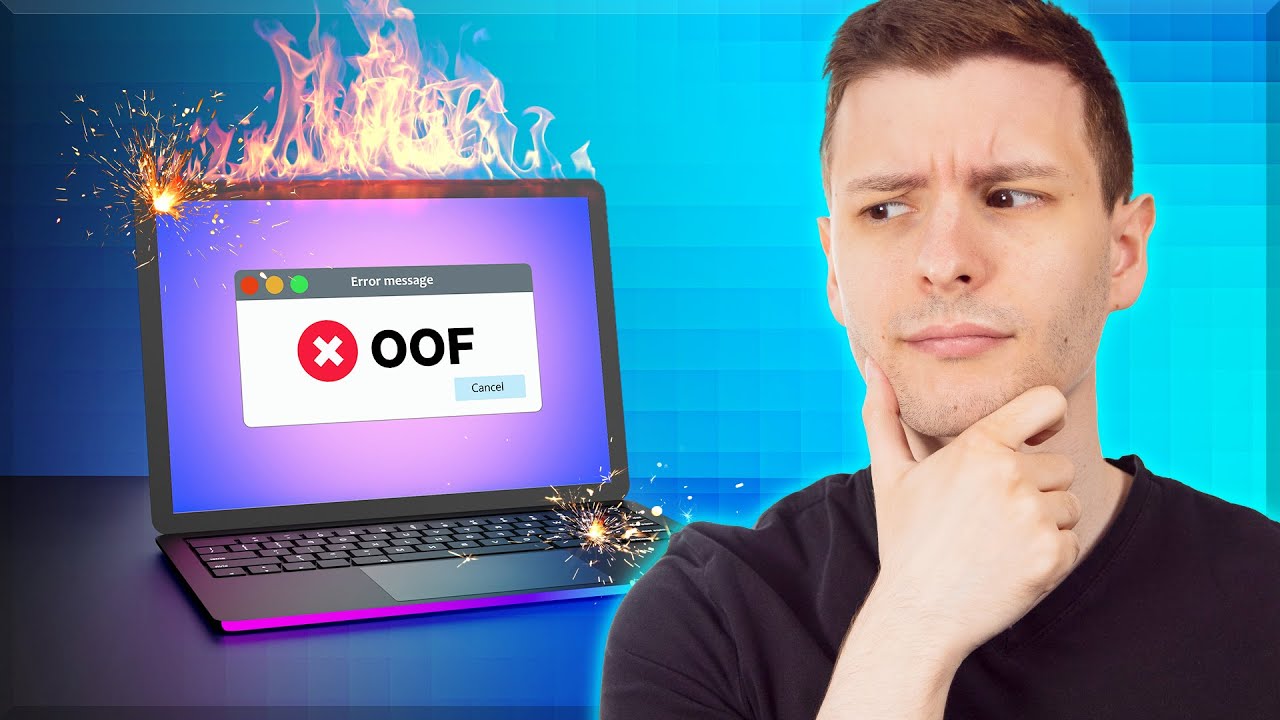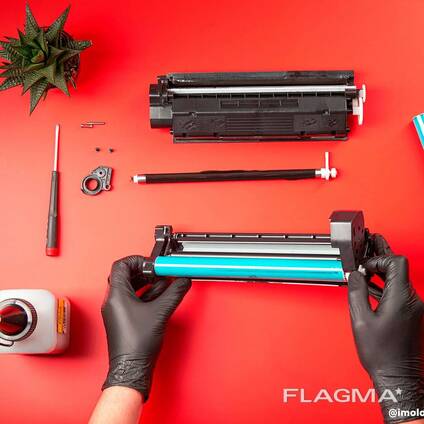We all encounter the issue of a slow computer at some point. No matter how fast it was when you just bought it, over time it starts to slow down, pauses to “process”, or sometimes stops. There can be various reasons that may cause such a slowdown. Let’s explore the most common reasons.
1. Delete unnecessary programs
We often install new programs on our computer and later on forget to delete if we no longer use them. Some programs automatically add themselves to the startup program list and run each time you turn the computer on. A large number of running programs can consume a lot of RAM and get the processor strained. As a result, you can notice your computer’s efficiency getting decreased. That’s why we recommend you to remove all the unnecessary programs from the startup list as soon as you notice a slowdown in your computer and be cautious when adding new programs.
2. Clean the registry
Even after deleting programs, the information about them remains in the computer’s operating system registry, which can also affect speed. Regularly cleaning useless files and information from the registry is important. Surely, it might be difficult and time-consuming to clean the register manually, so there are special programs available that can allow you to do it with just a few clicks.
3. Get rid of viruses
Viruses can also be the cause of the computer’s efficiency deterioration and lead to errors. In order to protect your computer, make sure to install an antivirus program. You don’t have to buy a paid program, because there are many free antivirus options available. They may not have all the features of paid versions, but most of them usually perform their tasks just well enough.
4. Care and cleaning
Like any other electronics, computers also need regular and proper care. For example, dust accumulates inside the computer setting on its various parts. This can degrade your computer’s performance and, in the worst case scenario, cause component failure, this will make you buy new parts or a new computer. You can remove dust with a brush, but using a vacuum cleaner is more convenient.
In short, you can fix a slow computer through proper maintenance, removal of unnecessary programs, registry cleaning, and antivirus software. If you have the needed skills, you can handle these tasks yourself, but if you are not confident in your abilities and want an effective solution, make sure that your computer undergoes a professional check-up at least once a year at a service center.






